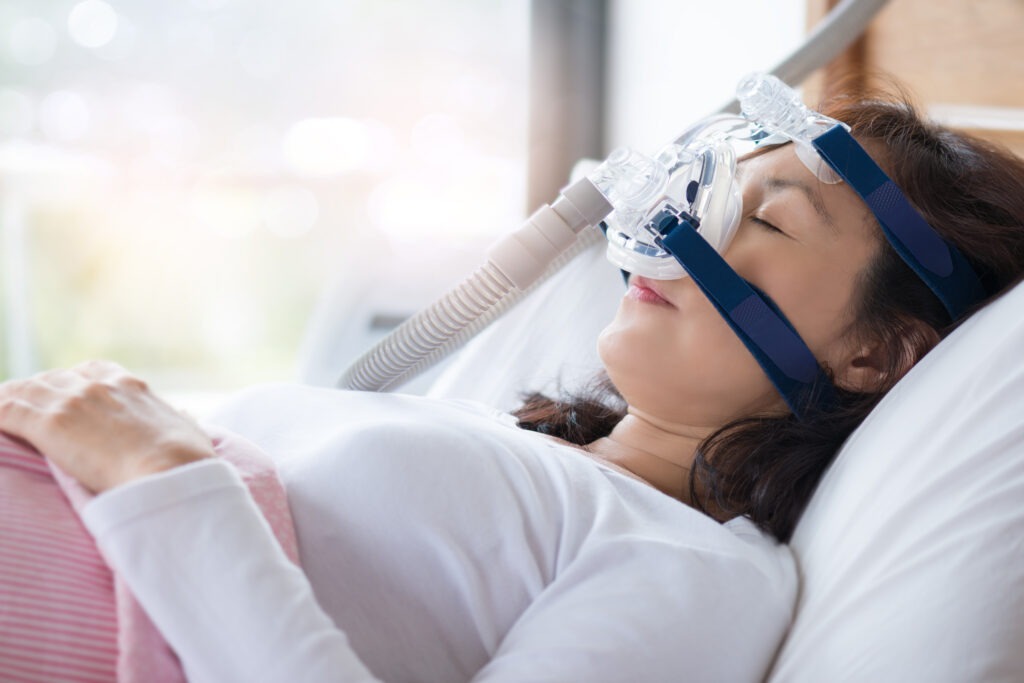
Millions of Americans with sleep apnea and other conditions are dealing with long delays in receiving replacements for their recently recalled Philips CPAP, BiPAP and ventilator machines.
The FDA, in June, announced that multiple CPAP, BiPAP and ventilator machines made by Philips had been recalled because foam used in the devices to reduce sound and vibration may break down and enter the air pathways of the devices, posing health risks including cancer or toxicity to the kidneys and liver.
Philips has not yet submitted a repair and replacement program regarding the defective parts to the FDA. Demand is now high and supply is now low for these devices, thanks to replacement delays and the use of similar devices by medical providers during the COVID-19 pandemic.
A Royal Philips spokesman estimated that up to two million recalled devices were being used in the United States. Philips has told customers to register their affected devices and talk with their doctors.
Philips needs to first conduct heavy testing before the FDA can review the testing data and Philips can send replacements to patients.
The New York Times reported that many device users have been placed on waiting lists by medical suppliers and don’t know when they will receive their replacements.
Other companies that make similar devices include ResMed, Fisher & Paykel, and 3B Medical. ResMed’s chief executive, Mick Farrell, said that the company has seen a spike in demand thanks to the recall, and that the company wouldn’t be able to completely fill the gap in supply created by the recall. He said he expects the company to make more than $300 million in increased revenue in 2022 due to the increased demand.
The recall has only worsened an already bad situation for sleep apnea patients, as the COVID-19 pandemic had already created supply issues for the types of devices recalled, including transportation bottlenecks and shortages of computer chips and resins. 62 percent of home medical equipment suppliers reported up to a 60 day delay regarding CPAP machine supply chain interruptions in an April 2020 survey.
The FDA advises those with recalled devices to talk to their healthcare providers to decide on a suitable treatment plan, which may include stopping use of the device, using a similar device, or continuing to use the recalled device if a healthcare provider decides the benefits of doing so outweigh the risks.
Around 40 lawsuits have already been filed against Philips in over 20 states since the recall, and a multidistrict litigation petition has been filed.

